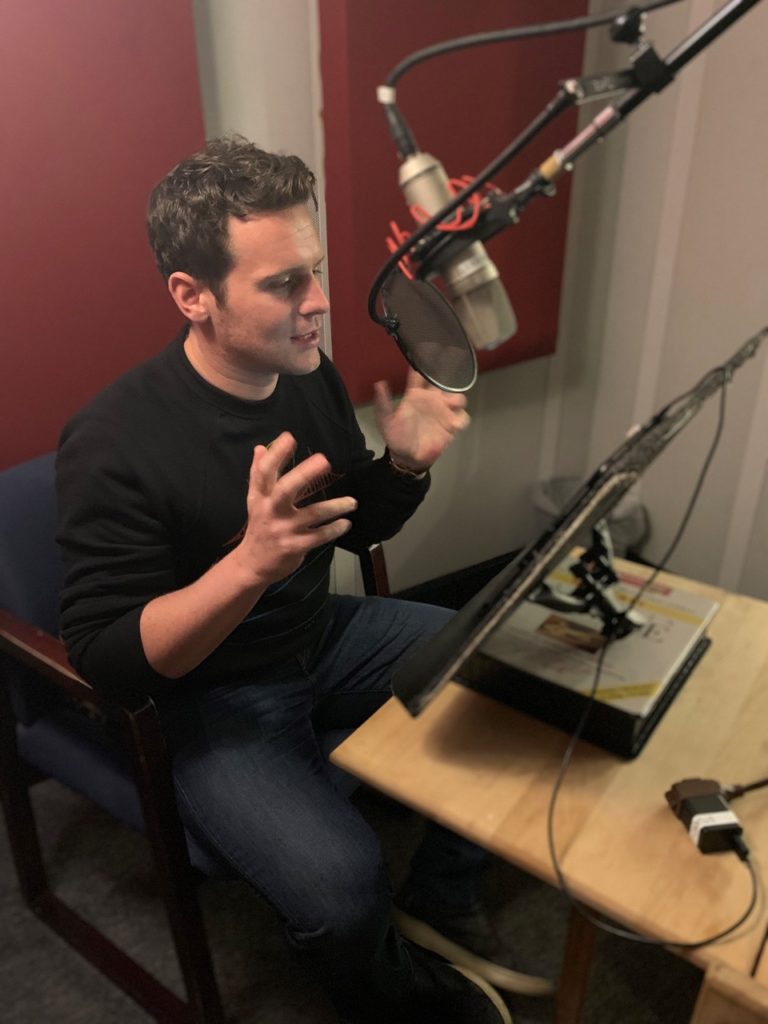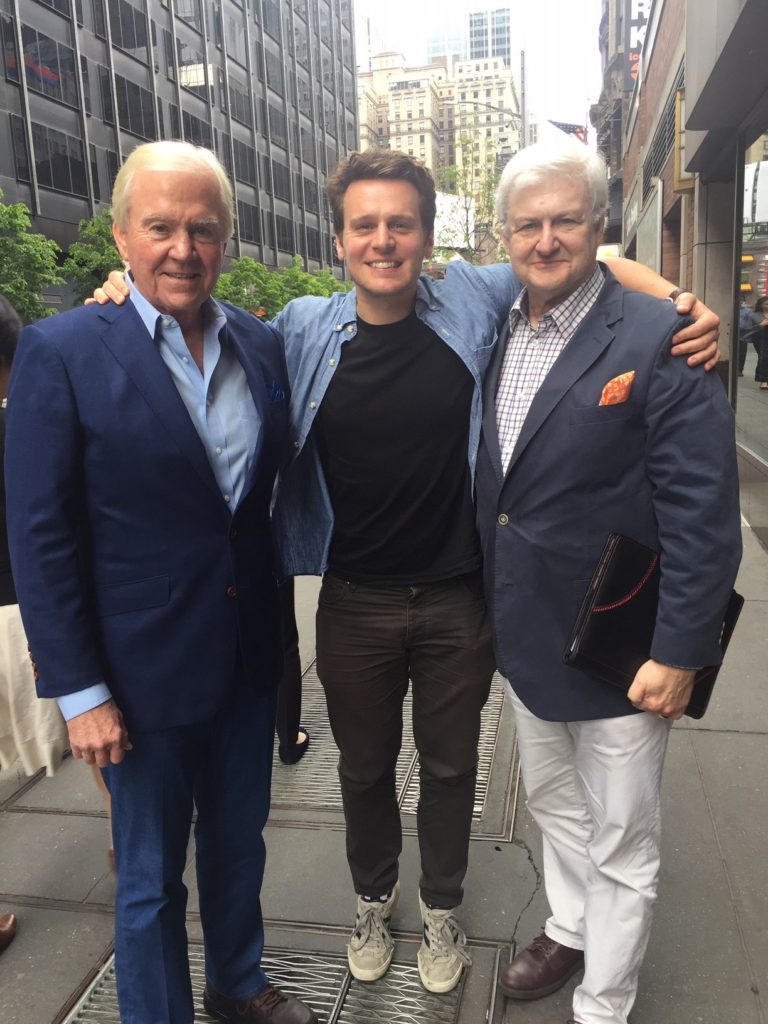Humiliation, Rejection, Inadequacy
Ask a woman what her greatest fear is, and she’ll tell you it’s finding herself in a situation where she’s alone and under attack. Ask a man the same question — his greatest fear is of being humiliated, especially in front of others.
When a young boy feels disgraced, rejected or backed into a corner, you may see a fight break out in the playground. It might be over something silly, like a Twinkie or marbles, but it’s really more about trying to recoup after losing face. You’ll see the same kind of thing between leaders in warring countries. Strategy over an escalation to war or a return to peace may really be a face-saving scenario.
Look at some of these school violence cases. You’ll find killers who felt rejected or humiliated. At Columbine High School, the two killers who gunned down their classmates were outcasts, shunned by the jocks and the in crowd.
We’ve seen this at other schools — the crimes were committed by students who just didn’t fit in.
Generally, there’s also a precipitating event, or what we call a triggering stressor, that pushes them over the line. Often, it’s the loss of a wife, girlfriend or job.
Stressors ignite violence
In the case of Ted Kaczynski, the Unabomber, there were stressors right before the bombing started. Kaczynski had been trying to date a woman who rejected his advances and then charged him with sexual harassment. He was working for his brother at the time and was humiliated even further when his brother fired him.
David Berkowitz, the Son of Sam, didn’t find out until about the time he went into the Army that he’d been adopted. When he got out of the service, he came back to New York to look for his biological mother. He found her living on Long Island, not wanting anything to do with him. What really upset Berkowitz was that his mother had a daughter — his sister — who she kept, though she dumped him.
This type of thing may happen to a lot of people, but they find a way to cope and move on with their lives. Others may turn to alcohol or drugs, or battle with depression. And some level their anger at either the person who actually caused their problems or some type of person or group that takes on a symbolic meaning.
Berkowitz decided to get a .44-caliber gun and practice shooting seagulls in the dumps around New York City. Then he went out hunting for humans.
He shot at couples sitting in parked cars, but always from the passenger side, directing his hatred at women. Berkowitz was angry about the way he’d been treated by his mother and other women in his life, and he felt inadequate around them.
Calling the shots
Inadequacy is a factor in most serial killers. These men feel insignificant and powerless. And now, they figure, they can get it all back. They can get power by controlling others. They can feel important, like they’ve accomplished something.
They don’t identify with their victims or feel any sympathy toward them. As they see it, they’ve been victims all their lives, dominated and controlled by other people. This is their chance to call the shots — to decide who lives or dies and how someone should die.
Forget rehabilitation when it comes to serial killers. They have a different kind of thinking pattern than other people. You can’t reprogram a brain like that with counseling. How could any treatment turn around that way of thinking? You basically just have to write them off.


























